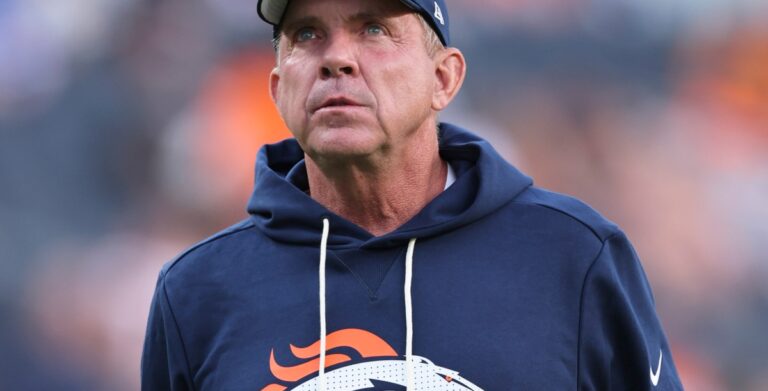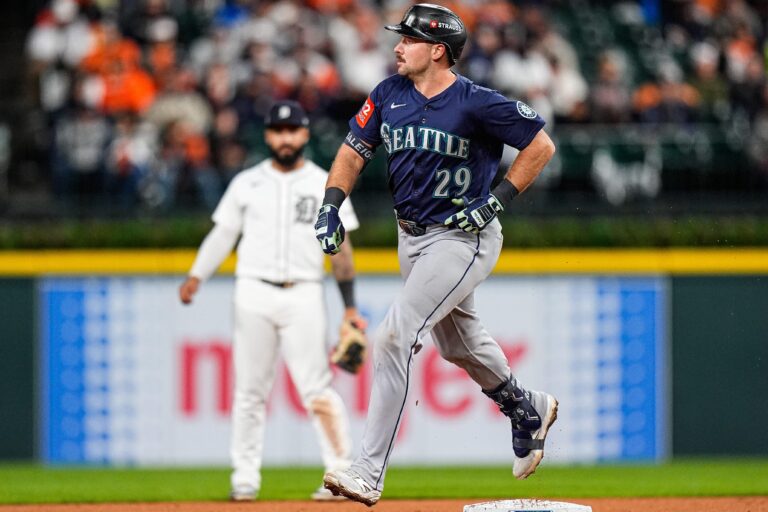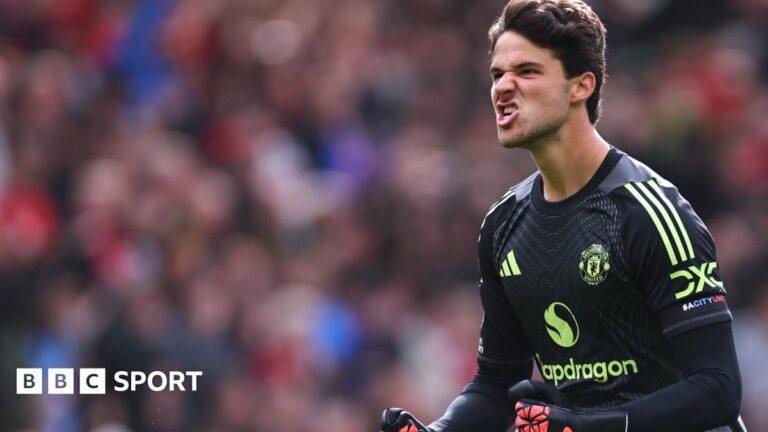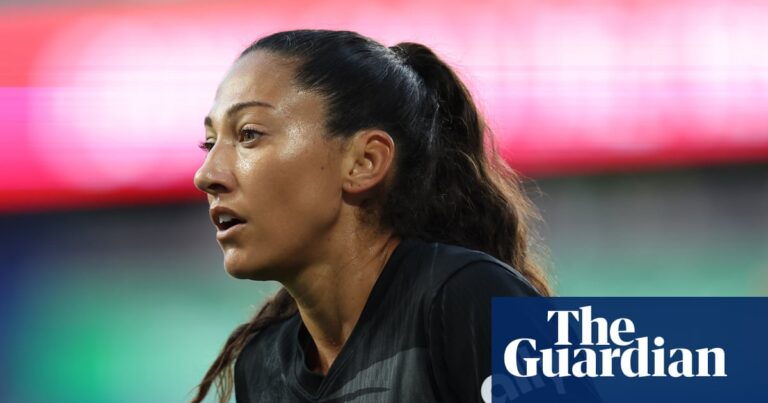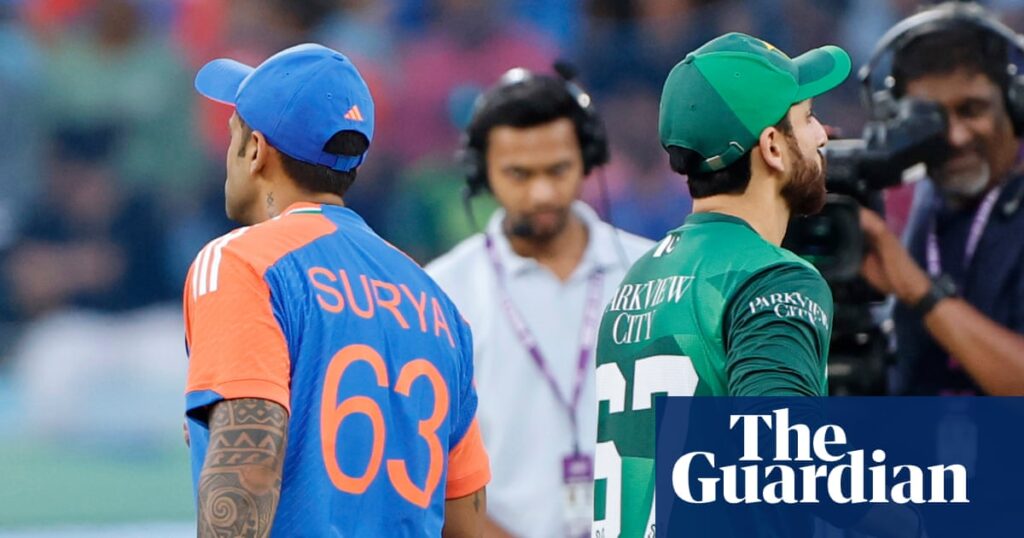
It is seen on village greens and in Test arenas alike. It is there at the start of the game, just after the coin toss, and it is there at the end when the final run is struck or wicket falls. According to research from the University of Dundee it should last between one-and-a-half and three seconds, just long enough to reassure both participants, but not so long as to feel overbearing.
In the tapestry of the sport it is less consequential than the colour of the captain’s socks or what the home team has laid out for tea. And yet its absence is instantly conspicuous, sometimes enough to spark controversy, fines or even diplomatic fallout.
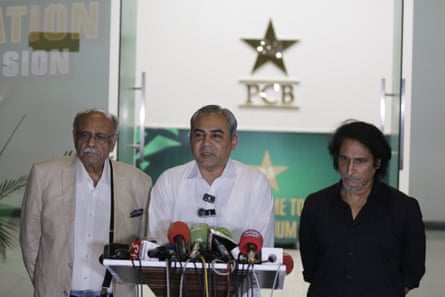
If those are handshakes as olive branches, cricket has also given us handshakes as icons. Twenty years ago, in an Ashes bursting with enduring images, Andrew Flintoff stooped to shake Brett Lee’s hand after England’s two-run win at Edgbaston. Winner and loser are indistinguishable as two exhausted heroes shared a moment of mutual respect. It’s the spirit of cricket in one frame, captured by the Guardian’s Tom Jenkins.
The history of cricket handshakes has its flashpoints and 2023 produced three that crackled like live wires. In February, Scotland refused post-match handshakes with Nepal’s Sandeep Lamichhane in protest while he faced sexual-coercion charges (a subsequent rape conviction was quashed on appeal in 2024). In May, Virat Kohli and Naveen-ul-Haq’s Indian Premier League handshake flared into a glare-off that drew fines before the pair reconciled during the World Cup in October. And in November, after Angelo Mathews became the first batter to be timed out at a one-day World Cup, Sri Lanka’s players declined to shake hands with Bangladesh, exacerbating an already simmering feud between the sides.

Then there was Old Trafford in July. With India’s Ravindra Jadeja and Washington Sundar – both in the 90s – batting for a draw, Ben Stokes decided enough was enough. The England captain extended a stiff right hand to bring the game to a premature end, but the pair declined, opting to continue their pursuit of deserving centuries. At stumps, a brief clip appeared to show Stokes refusing to shake Jadeja’s hand. Within hours the moment had been edited, captioned and turned into a referendum on the spirit of cricket. Later footage showed the two did shake hands at the presentation, but by then the narrative had run away: the snub, real or imagined, had become the story.
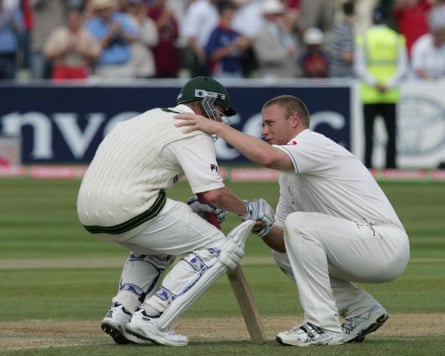
Why does this matter? Social psychologists have shown that a handshake shapes first impressions, signalling trust, confidence and respect. Cricket, for ever a slave to ritual and the impression of decency, has turned this seemingly inconsequential gesture into something important. No wonder a missing handshake feels like a violation of an unspoken contract, not just between individuals or nations, but against the game itself.
-
This is an extract from the Guardian’s weekly cricket email, The Spin. To subscribe, just visit this page and follow the instructions.

